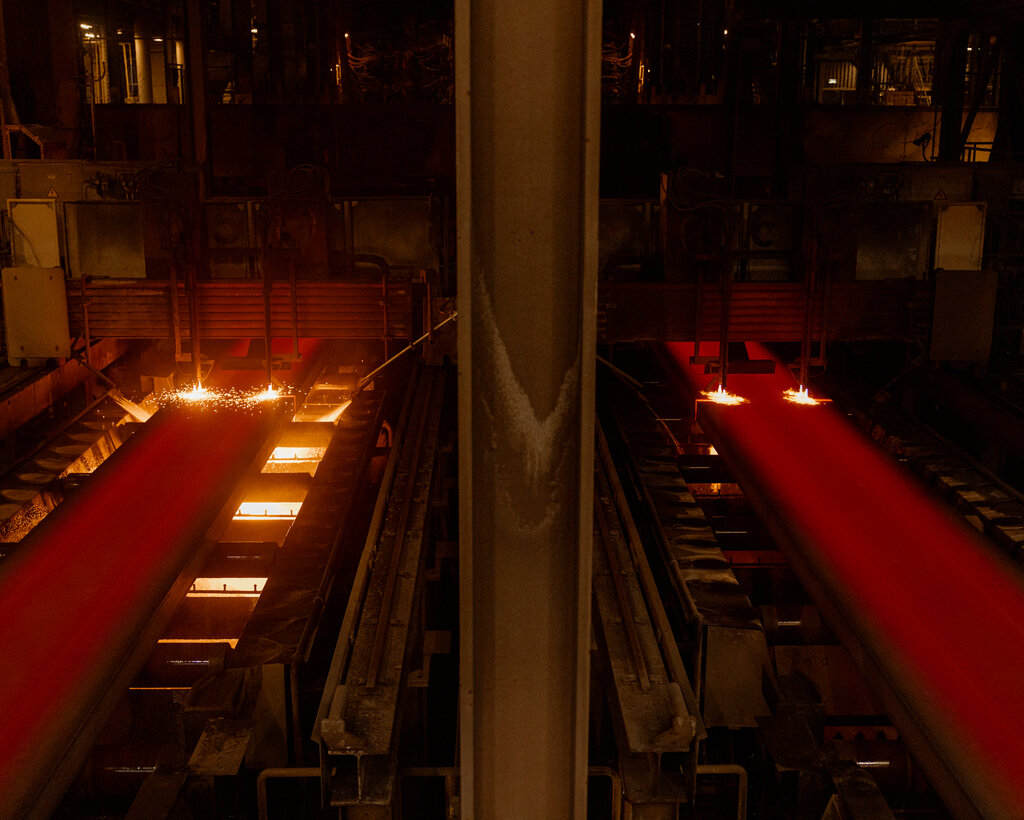Articles in this Cluster
25-07-2025
The U.S. and EU are racing to strike a trade deal by August 1, with the Trump administration threatening to impose a 30% tariff on EU imports if no agreement is reached. Recent trade deals with Japan, China, Indonesia, the Philippines, and the U.K. have raised hopes of avoiding a trade war. Economists warn that a sharp hike in tariffs could raise costs for consumers and businesses, while a deal could involve EU investment in the U.S. and reduced trade barriers.
Entities: United States, European Union, Donald Trump, Japan, China • Tone: neutral • Sentiment: negative • Intent: inform
25-07-2025
The article discusses the pressure on India to seal a trade deal with the U.S. before the August 1 deadline, amid rising tariffs. India's Commerce Minister Piyush Goyal emphasized protecting local farmers and MSMEs. Analysts note that India has bargaining chips, including its role as a strategic hedge against China and its position in BRICS. India is diversifying its trade deals with other countries, including the U.K., EU, and Maldives, to gain leverage.
Entities: India, U.S., Piyush Goyal, Narendra Modi, Donald Trump • Tone: neutral • Sentiment: positive • Intent: inform
25-07-2025
The article discusses the impact of President Donald Trump's tariffs on the US stock market. Despite initial concerns, the market has rallied due to progress on trade deals with countries like Japan, Indonesia, and the Philippines. However, investors remain cautious, as high tariffs on major trading partners like the European Union could trigger a market downturn. The S&P 500 and Nasdaq have reached record highs, while the Dow is close to its all-time high. Experts warn that tariffs above 20% could be detrimental to the market.
Entities: Donald Trump, US, Japan, European Union, S&P 500 • Tone: neutral • Sentiment: positive • Intent: inform
25-07-2025
The global steel industry is facing a crisis due to overproduction, with an estimated 721 million tons of excess steel production by 2027. Despite this, no country wants to be the first to stop producing steel, considered essential to economic and national security. The industry is being hit by cheap steel imports from China, punishing American tariffs, and high energy and labor costs. European steel makers are struggling to survive, with job cuts and plant closures. Governments are caught between protecting jobs and industry, keeping costs down, and transitioning to cleaner energy.
Entities: Tata Steel, China, Europe, United States, Organization for Economic Cooperation and Development • Tone: neutral • Sentiment: negative • Intent: inform
